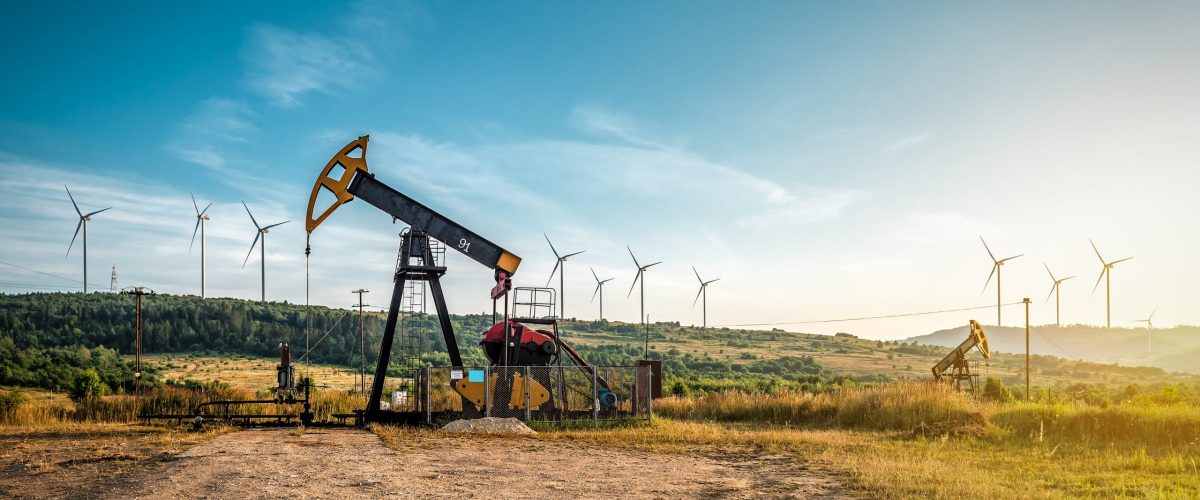
Energy powers all aspects of modern life, from lighting homes to fueling transportation. Yet, students might not consider the complex systems and tradeoffs behind everyday energy usage. Dr. Michael J. Orlando’s winding career has offered him an insider’s perspective on the energy industry, from executing field projects to examining high-level policy and economics issues.
In a recent, wide-ranging interview, the new Executive Director of the J.P. Morgan Center for Commodities & Energy Management and long-time instructor in The Center’s Global Energy Management Program shared insights from his diverse experiences in business, government, and academia. His primary focus, energy, meets at the intersection of business, politics, and public interest. He explained that while executing technically complex energy projects is an extraordinary achievement in its own right, the greater challenges come from reconciling different groups’ interests and finding agreeable solutions.
Early in his career, Orlando worked as a petroleum engineer on oil & gas development projects in the Gulf of Mexico. This on-the-ground view shaped his appreciation for the technological feats required to extract and deliver energy. “Incredibly, we can drill a well two miles down and four miles sideways and hit something the size of a garbage can cover,” he remarked.
But, over time, his perspective expanded to the energy operations’ systemic impacts and tradeoffs. Things like pollution and price volatility reveal the deeply interconnected nature of energy systems. “No energy decision exists in isolation,” Orlando said. A freeze in Texas that spiked natural gas prices led to higher electricity bills in Colorado, illustrating the ripple effects.
“No energy decision exists in isolation.”
Michael Orlando
This “big picture” perspective is also evident in Orlando’s academic research on innovation economics and the geography of knowledge spillovers. He has shown that while densely populated cities attract knowledge workers that drive research and discovery, universities are vital for generating human capital and innovation in smaller metro regions. In related work, he has demonstrated that technologically dissimilar firms are more likely to learn from one another as the distance between them is decreased.
As societies navigate the global transition toward cleaner energy, Orlando believes Colorado is well-positioned, given its diversity of energy companies and expertise. On the other hand, he noted the scale of the challenge is massive, considering the relatively small contribution of
renewables compared to carbon-based energy sources. “How hard and fast do you have to grow solar and wind to displace this significant demand base for coal, oil, and natural gas?” he asked. “I expect them to be around for another 100 years, even if renewables account for much of the growth in energy production from here.”
Ultimately, the energy transition will be achieved through compromise. Orlando stressed that empathy, patience, and openness to different perspectives are keys to progress on multi-faceted energy issues that impact society. He teaches students to consider economic theories seriously and recognize their limitations in the messy, real world. Finding solutions requires bridging divides between businesses, governments, and public interests.
While the energy landscape is complex, insights from experts like Orlando can help students gain a more thoughtful appreciation of the systems they rely on every day. Navigating energy’s role in society remains a difficult challenge with no easy fixes. However, Orlando believes open and good-faith dialogue is the best way to find common ground on these critical issues for the future.
Learn more about the energy industry from Dr. Orlando. Enroll for free in this 100% online, self-paced Fundamentals of Global Energy Business course.


